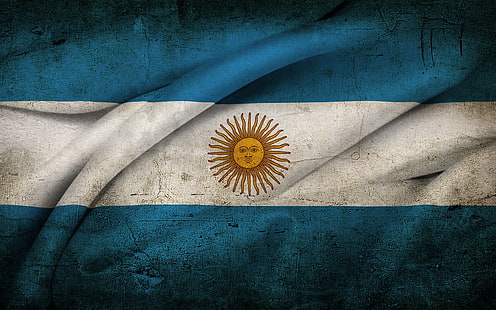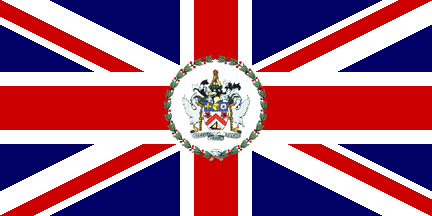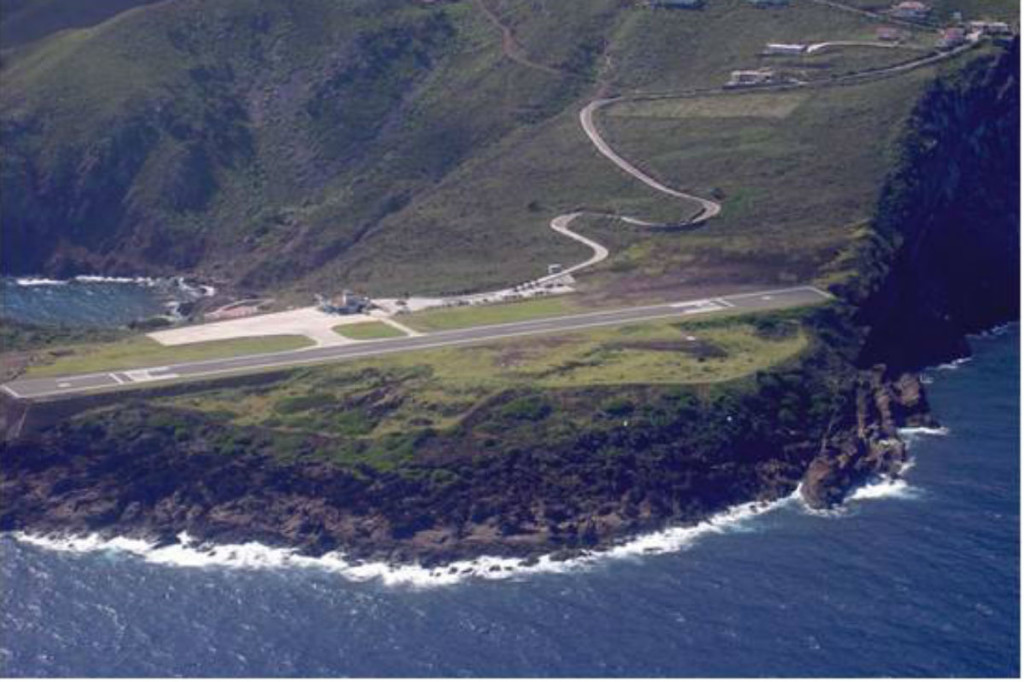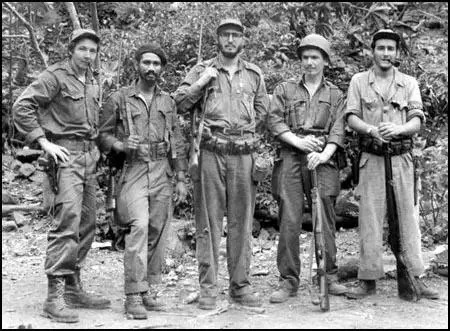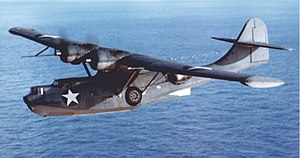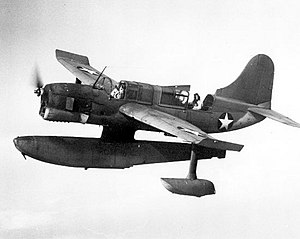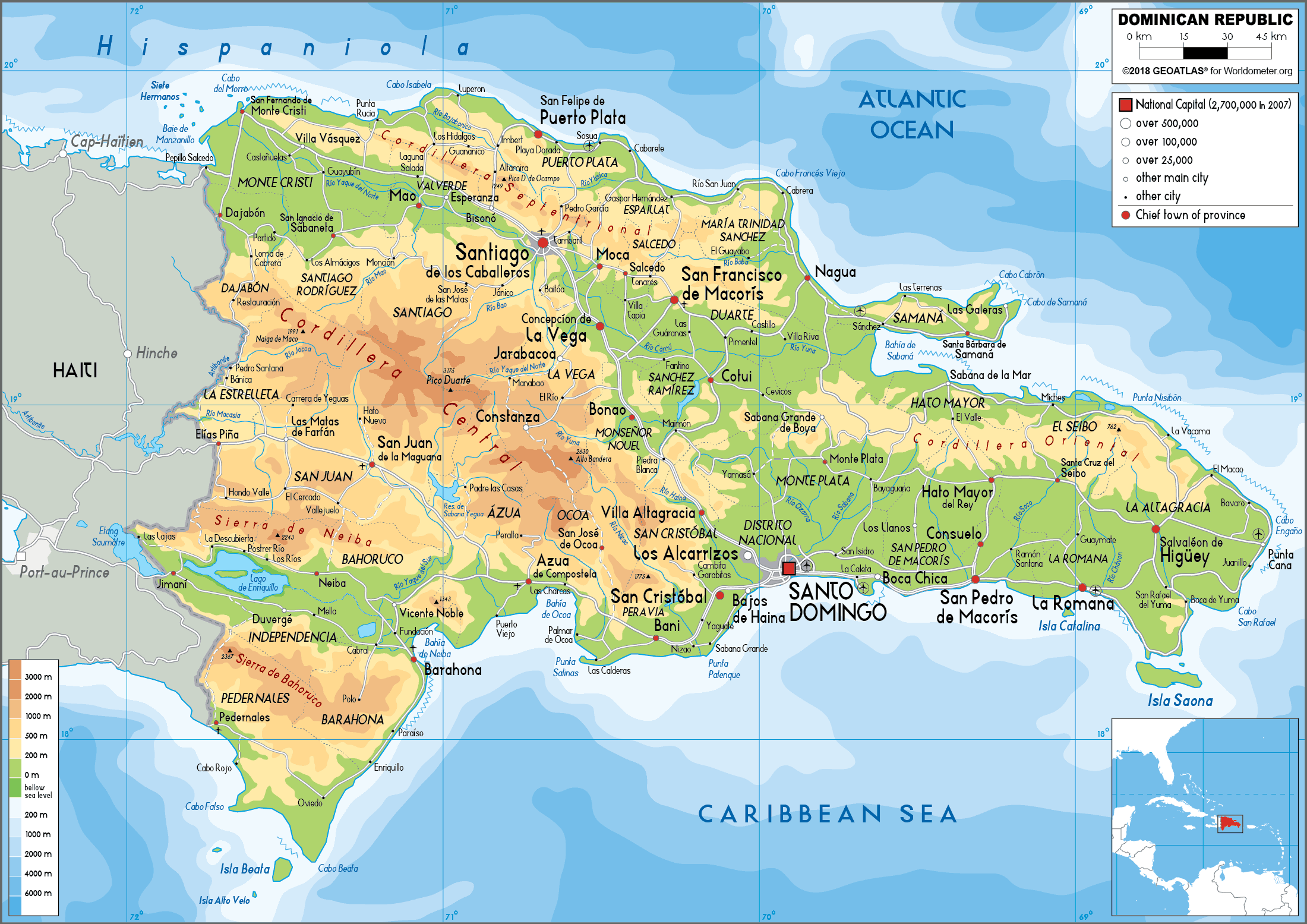 Kingdom of the Netherlands
Kingdom of the Netherlands
Recommended listening.
The Hr. Ms. Wilhelmina carrying the daredevil general prince Bernhard had finally arrived in the Bay of Bengal, on its trip towards Indonesia to reinforce the bruised and battered colonial fleet -- and with the Hr. Ms. Wilhelmina came the sizeable fleet (and a hidden squadron of submarines) that was the Noordzeevloot. The Hr. Ms. Wilhelmina's prime directive was to deliver general prince Bernhard to Thailand, and potentially secure an alliance with the Thai king, as well as investigate the possibility of leveraging the fact that a Korean prince and grandson of the emperor Gwangmu yet lived. To the understanding of the involved parties, the Koreans were not particularly keen on a return to a monarchy, but they were living under one at the moment too. A Korean monarchy would still be better than a Japanese one -- that was the way of thinking for the queen and her advisors, at any rate. As far as prince Bernhard was concerned, the situation would be whatever he wanted it to be the moment he had a rush of inspiration. Only time would tell whether or not it'd be one of his characteristic genius moments, or a fluke like most others.
On the deck of the Hr. Ms. Wilhelmina the scout plane had been prepped, the slingshot was made ready, and prince Bernhard stepped into "his" plane, alongside his dog and a second pilot riding in the back, who would double as his bodyguard during their stay in Thailand. Before they had a chance to shoot him off into the air, the general prince opened the canopy once more, stood up and beckoned towards a photographer that had been brought onboard specifically for this purpose -- the Dutch had always known that prince Bernhard was perhaps a little, as they said, "camera horny", but few people knew the extent to which that particular fact went. He posed for the camera, standing heroically on the edge of the planes fuselage with one foot, and once a myriad of pictures had been taken of him, he sat down again, closed the canopy, and gave the all clear thumbs up to the sailors manning the slingshot.
With a roar the engine came alive, and seconds later he was shot into the distance, slowly falling for half a second, before pulling up and proceeding along its course to Thailand. It would be a few hours before they landed, and those hours would be utilized by the Hr. Ms. Wilhelmina and the rest of the fleet to reverse its route to the bay of Bengal, back to Sri Lanka and then move towards the last free holdouts of Dutch troops, giving the occupied areas of Indonesia, especially Sumatra, a wide berth to avoid being detected too early. It was inevitable that they would be spotted sooner or later, but it'd be better to make it later rather than sooner.
Paleis Het Loo, Apeldoorn, July 1955
“Your majesty, are you sure..? This
is the Crown Jewel we are talking about..”
The queen, laying in her bed with a blanket over her lower body, propped up on a very, very large pillow sitting up straight, sighed deeply. “
Yes! I'm sure! If I wasn't, would I have called you in?”
“But.. they will certainly vote for-” princess Juliana answered, though she knew her mother had already considered this.
“It doesn't matter what they will vote if the referendum will be held
after the war. As it stands the situation is dire, and I would rather maintain a semblance of control over the situation by holding the key to the process than by giving it all up to those Japanese.”
“I understand but.. are we sure there is no other way?”
“Juliana, my sweet daughter; we've been fighting for years now and the Dutch people are tired. We cannot continue sending off good Dutch men to die in some far away country for the sake of the Kingdom, much as I might want them to do so. We need to end this war,” the queen said, looking aside and away from her daughter, for she was delivering a message she had thought she'd never need to deliver, “and we need to do so decisively.”
The intelligence gathering had been excruciatingly hard for the Dutch, at least when it came to Japan. Getting onto the home islands was no small task, but definitely not impossible. Finding willing agents that could speak, read and write Japanese, convincing them to become an informant,
and keeping in contact with those people however, that was a task that was much much closer to impossible. As such, the reports of the situation in the Japanese home islands was largely based off of the few reports they did receive, and were mostly centered around more easily penetrated areas, such as Korea, Taiwan and whatever remained of the population in occupied Indonesia.
“The Japanese are exhausted from this war,” the queen continued, looking back at her daughter, “but they are stronger than we are -- they have more weapons, a larger navy, and as Bernhard may have put it if he were here, "gigantic-er guns", god bless him. We cannot hope to stand a prolonged conflict more than we already have -- we need to put every pawn, every knight, every queen we have into this fight, right here, right now.”
“That sounds like a big risk to take, mother-- I don't know that we--..”
“
We have been fighting them for ten years. I am tired. Let them have that rotten island if they want it so desperately --
the Indonesians will eat them up same as they have us. If this works, then the Indonesians will have played their part, and if it doesn't, then there was no hope to begin with and the Japanese have earned their spoils. Either which way, we need to be rid of these problems and look for greener pastures.”
“Where did this sudden change of heart come from, mother? Just a month ago you were unwilling to even consider giving up Indonesia, and now we're offering it to the-”
“
Not to them. We are offering it to the
Indonesians and Moluccans. Let them run their own affairs for a few years, and then they will come crawling back to us.”
“I... understand. I will see to it.”
The clacking of princess Juliana's heels moved down into the hallway towards the press room. The world would soon hear about this news, but not before the locals in Indonesia did. Queen Wilhelmina seemed dead set on her plan, and in all honesty, it was not a particularly bad plan either.
The sounds of revolution had been stirring in the jungles of Indonesia for a while now, and there was no avoiding it any longer. If the people wanted freedom, they would get it, but not by their own hard work --
rather, by the good naturedness and virtue of queen Wilhelmina, as well as her dedication to freedom and democracy throughout the world. They'd be made to fight harder against the Japanese and openly rebel against them under their occupation, if everything worked out, because the offer for a referendum only stood if they won the war and the Dutch maintained control of Indonesia.
Aboard the Hare Majesteit Wilhelmina, Coast of Sumatra, Indian Ocean, July 1955, a few days after dropping off general prince Bernhard
Admiral van Doorn stood in the bridge of his ship the Hr. Ms. Wilhelmina, going over the large amount of plans and maps laid out in front of him once more. Most of the maps detailed offensive plans, rather than defensive plans, which was strange given the situation that the Dutch fleet and army had found itself in. Never the less, the admiral nodded at the man next to him; a man who at this time was largely unknown but would prove to become a naval powerhouse on his own right in the Japanese-Dutch war:
admiral Conrad Helfrich. The Javanese-born admiral nodded back at van Doorn -- his superior for this assignment.
“Are you sure this will work?” van Doorn asked, to which Helfrich shrugged.
“No. But it will buy valuable time for our boys even if it doesn't -- and if it does work, we can inflict damage and create space. Space that we need,” he said, pointing at the maps. The maps marked zones that, as far as the navy knew, were controlled by the Japanese fleet. Moving here was possible, but risky, but the plan they had created sought to lessen this risk.
“I agree -- so, you will have your squadron of submarines.”
“Thank you, admiral,” Helfrich said, smiling at his colleague. The two were clearly friends, given the casual way they interacted.
“Remember what you promised, however; a ship a day, nothing less, preferably more.”
Admiral Helfrich declined to answer, and instead only saluted, before turning and proceeding out of the bridge. Van Doorn moved towards his radio, and finally got a glance out of the windows of the bridge. While he oversaw the fleet, laying there in a resting position as they awaited the formulation of their plans, he would proceed to instruct the commanders of the individual submarines. “Attention all submarine commanders, this is admiral van Doorn; as of right now, you are under the direct control of admiral Helfrich. He will take charge of the HNLMS O 16, and lead an offensive action striking deep into the Japanese naval arteries. He will explain your directives further as soon as he arrives on board the HNLMS O 16.”
With a satisfied expression, he placed the phone on the radio down on it's holder, and looked out over the ocean. The tide was turning -- at least.. it felt that way.
As soon as Helfrich took his position aboard the
HNLMS O 16 the submarines would move out and away from the main fleet, which had now merged with the East-Indies fleet temporarily for the duration of the oncoming naval battles. The presence of the more modern Noordzeevloot was a strange sight laying next to the few Java-class ships that remained of the East-Indies fleet.
With the submarines out of the way and en-route to their mission, the combined Noordzeevloot and Oostindischevloot would begin to move eastwards along the coast of Sumatra, to cross the waters between Java and Sumatra and move on Surabaya. This city had been lost to the Japanese a year ago, and the immediate plan was to retake the city. When the fleet had arrived, it had done so with several troop transports from the Netherlands, carrying fresh volunteers and recruits that were ready to fight -- and they would do so in a baptism of fire in Surabaya. It would be a while yet before the fleet and troops were in place for their assault, and Surabaya was but one stepping stone in the war on Japan, but it would certainly prove to be one of the most important.
Meanwhile, a few hours after their dismissal and departure from the fleet, the squadron of submarines that had been dispatched by admiral Helfrich began receiving their first real orders that were not simple waypoints for their travel into the Java sea. It became clear now that the plans on the table of the Hr. Ms. Wilhelmina were not simple "attack this target and then go here" orders; rather, they were unspecific orders to simply hunt for convoys, ships and mercantile vessels that bore a Japanese flag.
The submarines moved spread out to begin with, but soon after they arrived at their predetermined meeting location began to veer out and spread out on the Java sea, and even beyond it. Several subs now found themselves in the Banda sea and even the Cellebes sea, and would soon begin their operations of harassing and sinking enemy ships where possible, using aggressive tactics and strategies to accomplish their goal: disrupt the flow of Japanese troops, supplies and raw resources that were headed back to mainland Japan.
The reasoning was twofold; obviously the goal was to simply cause as much damage as possible, to disrupt the Japanese war machine and grind it to a halt, to give the boys of the KNIL a fighting chance when the assault on Surabaya began.
However, secondarily it was also important to disrupt the availability of the Japanese fleet, or at least so Helfrich had reasoned and convinced admiral van Doorn. As far as their intelligence went -- which was considerably better on the navy of the Japanese than the intelligence was on the status of the home islands of Japan -- the Japanese navy was superior in most ways if it came to a direct battle and, while a victory in such a situation was not impossible, it was not an even fight. Helfrich reasoned that, if they could draw portions of their fleet away by striking fear and terror into convoy sailors and merchants, and force them to protect convoys and merchants instead of engaging the Dutch fleet, then they could equalize the fight and make it even, or even turn it in their favor.
All they'd need to do is sink a ship -- or multiple, preferably -- to let the Japanese know:
the Dutch lurk here, and they're hungry for payback. The Dutch navy had found itself humiliated by the unfortunate, but expected results of the first few naval actions between the Oostindischevloot and the Japanese imperial navy, and they were eager to even the score and show them the might of the Dutch navy in full force, as opposed to the outdated Java-class ships and patrol boats of the Oostindischevloot.
Random Thai airfield, Thailand, July 1955
As soon as prince Bernhard was close enough to any random airfield he could locate, he'd reach out on the radio; “this is general prince Bernhard of the kingdom of the Netherlands, requesting permission to land for diplomatic purposes.”
“.. repeat, please?” a confused, heavily accented voice came back to him a few seconds later. “Is this a joke?”
“No, sir, this is not a joke -- this is general prince Bernhard of the kingdom of the Netherlands seeking to land at your airfield.”
“Sir, this is-- yes, he says he's.. no, it's not a jo-.. okay. Sir, can you confirm to me you're flying in a military aircraft?”
“Yes, I am.”
“You said you were here for diplomatic purposes?”
“Yes, indeed. May we land?”
“Umm..-- do I say--... hmmhm,” the voice said, growing a bit more distant, clearly talking to another person in the background, “okay, sir, you may land. You understand that we need to apprehend you and.. clarify what is exactly going on here?”
“Understood, I'm coming in!”
In true daredevil prince fashion, prince Bernhard suddenly turned his plane and began a daring approach on the airfield -- not dangerous, but perhaps a little more chaotic than one would desire from a pilot. As soon as he touched down, several jeeps with armed men dressed in tropical white uniforms followed along the side of the dirt runway, aiming their small arms at the plane. It didn't seem to phase the prince -- in fact, it only seemed to amuse him as he quickly glanced aside and smiled at them, though it'd be hard to tell at these speeds and distances.
As he finally came to a stop, he pulled open the canopy and stepped up onto the wing, raising his arms high, followed by his secondary pilot and bodyguard, who seemed to have resigned himself to following along with whatever plan the prince had hatched. A few seconds later the same jeeps that had been chasing them came over and pulled over, the guns still aimed at the two.
“Identify yourself!” one of the soldiers yelled, “rank and name!”
“Well, as I said, I am general and prince of the Netherlands, Bernhard. This is my co-pilot, Jerrie Visserman. We'd like to see your king.”
“Turn around!” the soldier yelled, and soon after the two Dutch pilots would find themselves pulled onto a jeep in handcuffs and driven to the ATC. Prince Bernhard had hoped for a more festive arrival, but well, they could hardly be blamed for their disbelief. Perhaps they should've called ahead?
Once the situation had been, ahem, rectified and the kingdom of the Netherlands had given their approval of prince Bernhard's presence in Thailand, the prince was released and aided in setting up a diplomatic mission. While his manners were perhaps a little unrefined, and his awareness of Thai customs and traditions was, well, nonexistent, the prince had managed to use his natural charms and charisma to his advantage already, impressing a few of the local MP's that were keeping him and his copilot confined in a cell by amusing them with his pseudo-rockstar behaviour.
If that were any indicator for the mission at hand, then perhaps things were looking better than queen Wilhelmina had originally imagined.
When the prince came before king
สมเด็จเจ้าฟ้าประชาธิปกศักดิเดชน์ seated at the head of a long table, he was wearing his finest -- by which he meant his military uniform. He greeted the king politely, extending his hand for him, and smiling a smile that only Bernhard could muster. His charisma was undeniable, which was strange considering the fact that he was also a little strange.
“Goodmorning your majesty,” prince Bernhard opened, shaking the kings hand profusely before letting go after what may have been a second longer, and a bit more firm of a handshake than the king might be used to. The prince was, undeniably, very Dutch despite his German roots. “I'm sorry for the sudden appearance, I forgot to call ahead -- tight schedule, after all, given the war going on -- but I thank you gracefully for making time for me.” Despite there being extra seats, the prince remained stood up, taking only a step back to give the king some space.
“Yes-- I.. understand you arrived by plane?”
“Yes, indeed, your majesty. Flew it in myself!”
“Yes, so I heard. In your country, princes fly?”
“Well, I certainly do. I don't know of any other flying princes, but I'd love to meet them if they exist.”
The king had some trouble disguising his amused smile, to which Bernhard knowingly smiled as well. Strange, but charismatic, as always. “I assume you are not here to take in the sights of Thailand, many as they may be. By what purpose did you fly here?”
“I'll keep it simple, your highness -- the Dutch are currently embroiled in a long lasting war with the Japanese that we seek to end soon. We'd wish to requisition the aid of the Thai.”
“You flatter me by this request, but as you know, our ports are open to both Japanese and Dutch fleets for repairs, in emergencies.”
“I meant something a little more direct, your highness,” the prince answered, taking his aviator sunglasses out of his jackets inside pocket and putting them on, “ever been to Malaysia?”
“I.. can't say I have, nor do I plan to. The Japanese occupy the region. Why do you ask?”
“Would you like to? Because that's what the queen is offering you. Open up a second front, take what should rightfully be ruled by a Thai king, and earn a seat at the peace talks.”
“.. the queen is offering me this? Should it not be the Dutch people who offer me this?”
The prince smiled at the king, looking over the rim of his aviators momentarily before looking at the man straight again, “what do the people know of dealings between kings and queens?”
The king raised his fingers to his head and squeezed the bridge of his nose a little while he looked down at the table. After a few seconds of thought, he looked at the prince again. “I hope you understand me when I say I cannot offer my allegiance so easily, not after a single discussion with a prince who.. and I mean no disrespect.. flew into my country without informing me. Nor can I do so without a lengthy discussion with the rest of my family and advisors. I'd ask that you wait for my decision, in perhaps a few days time. I will call for you when I have an answer.”
The prince nodded, before extending his hand for the king again, offering to shake on it. “I understand. In the meantime, do you have a plane I could borrow? I'd use my own, but well, it stands out a little and I'd prefer to blend in.”
“For what purpose?”
“Oh, you know,” the prince said, smiling slyly as his hand was taken and shook, “just some sightseeing.”
Mandarin Oriental, Bangkok, Thailand, July 1955
In the Mandarin Oriental, Bangkok both prince Bernhard and his copilot Jerrie Visserman found themselves furiously copying down Japanese symbols and English words onto pamphlets. They were crude and rudimentary, but they got the message across apart from the occasional spelling error. Jerrie seemed a little less enthusiastic than prince Bernhard, and anyone who knew of the plan would understand why.
“So, why are we doing this? I was told by admiral van Doorn that we'd be flying here, wait for an answer, and then find passage back to the Netherlands.”
“What war has been won by following orders, Visserman?”
“A lot of them I reckon?” the man answered, befuddled. “That's not the point -- we're not just disobeying orders, we're actively seeking out our own deaths. This is suicide.”
“I beg to differ. It's a solid plan, and if I've calculated it right, we have more than enough fuel for a round trip.”
“Right.”
“If it suits you better, feel free to stay behind, of course. I won't ask you to disobey orders; all I ask is that you help
me disobey orders.”
Jerrie sighed, audibly, before shaking his head, “no, no. It's fine. I'll do it. I've flown a hundred missions with you -- what's one more?”
“Well, this is not exactly a mission like the other ones we've flown.”
“I'm well aware, your highness.”
“Great! Now let's go find a printing house and get these pamphlets mimeographed, oh, lets say five hundred times each, neatly bound together?”
“.. yes sir.”
A few days after they printed their rigorously drawn up, copied and poorly scribbled (legible-ish) Japanese pamphlets, the crew of two was ready. They took charge of their Thai loan-plane, loaded it up with their pamphlets, fueled up precisely enough for a "sightseeing" route plus a little extra for emergencies, and then got ready to take off.
“This is prince Bernhard, requesting permission for takeoff.”
“Granted, have a pleasant flight.”
And just like that, the two were in the air -- and so was their precious cargo. They proceeded along their flight path -- deviating from what they'd told the Thai they'd be doing, and instead flying over China. From there they'd roughly follow the coast until they found Korea, cross the sea dividing Korea and Japan, and begin dropping pamphlets by hand in a daredevil attempt at spreading fear, discontent, and perhaps outright opposal to the war among the citizens.
Now, it was incredibly hard for the two Dutch men to find exact locations of Japanese cities, so they needed to play it by ear, which meant that they'd basically be dropping pamphlets on cities that, for all intents and purposes, could very well have been Tokyo but could just as well have been a meaningless fishing village, yet untouched by the effects of 10 years of war.
It would also take a very long time to even reach Korea -- and there were many perils along the way. There was the possibility of being shot down, which was why they requested a Thai plane in hopes of at least spreading confusion long enough that by the time anyone was ready to shoot, they'd be gone already. It was far from a foolproof plan, and in fact, Visserman was probably a lot closer to the truth than he may have thought when he called the plan suicide. But it was just insane enough to maybe work.
After several hours of fly time the two finally reached Korea, and began moving over the sea. “Are we ready to drop?” prince Bernhard asked, his aviators on already. He knew he had to look stylish, even when in flight.
“I-.. I believe so!” Visserman yelled, aware he was in over his head but not quite prepared to give up yet.
“I believe I see a town just over there, I'm going to fly over and you're gonna start dropping as soon as you can! Make sure to cut loose the stacks first!”
“Got it!”
Bernhard lightly banked the plane to the right and made way for the town, a place called Amino unbeknownst to them, and once Visserman was ready to drop, he cut the rope holding the stack of some thousand papers and tossed the entire stack overboard as well as he could -- it was a little unwieldy, and so he dropped them far too late, scattering half of the papers over a nearby rice field. Those papers would be soaked entirely before anyone even had a chance to pick them up, the ink probably barely legible at that point.
“Shit!” Jerrie yelled, looking over the edge of the plane and seeing that his handiwork had cost them half a stack of papers already. The rest of it had barely made the town, but most of it was on top of roofs -- a calculated loss of papers, but all the more meaningful when half the load was lost to begin with. “Shit, we need to go ba-”
“Go back for what? If they're lost they're lost, we can't dilly-dally here officer! I don't need to remind you we're flying a plane that we may or may not have taken from the Thai king and are currently using it to fly over hostile territory?”
“Y-you're right, let's keep going!”
“I see another town right there, a bigger one! Get ready!”
This time they were passing over Hayashino, and Jerrie was a little more prepared. He cut the cord a little earlier and tipped the papers over the edge of the canopy a little more gently, giving the wind some time to pick up the papers and creating a trail of papers, as opposed to one big bomb of papers that clumped together for a while before the wind got in between the papers. This time it was much more succesful, delivering a message that said "the Deutsch have risen in Japan, surrender early now, that we may give your lives too!" in poorly drawn Japanese, once more barely legible, but legible enough.
This trajectory continued, as they delivered similar but different papers to Okayama, Matsuyama, Miyakonojo, and lastly Makurazaki, before making a move towards Okinawa -- an unassuming island that neither the prince nor his copilot was aware of the significance of. So far it had been smooth sailing -- there was essentially zero armed response, which made sense since they hadn't exactly flown over military areas and dropped papers
there. The goal was to reach the population and spread disinformation, propaganda and spread fear, insecurity and doubt about the war, not to persuade the Japanese soldiers to stop fighting.
But, somewhere along the line, someone somewhere must've seen something and reported it. As they reached Okinawa, Jerrie tipped the final two stacks of paper over the island that read "the Dutch are here, have no fear! Surrender and be treated kindly!", trying to lighten the load before they headed back to save on some fuel -- they had enough, but there was always the risk of a flight error costing them a bit too much fuel. As soon as the last stack of papers was tipped over, gunfire erupted from the island of Okinawa. It was incredibly hard to discern from the cockpit what type of gunfire it was -- small arms, anti-air? What was less hard to discern, however, was the sudden thud on the metal floor of the plane in the cockpit section behind prince Bernhard.
“Jerrie?” prince Bernhard asked, banking heavily with his plane to move away from Okinawa as fast as he could. “Hey! Jerrie?!”
He tried to glance back, but it was impossible to tell where Jerrie was -- or rather, what happened to him. But instinct and common sense told Bernhard that Jerrie had been hit, and if he wasn't careful, he too could ge-
Suddenly the plane shook left and right, banking awkwardly towards the left. Panicked, Bernhard glanced at both of his wings, noting that his left wing had taken enough shots for the wing to be considerably damaged. Whatever they were shooting at him with, it was working. The thought of bailing out crossed his mind, but what the Japanese would do to him if they caught him made him reconsider quickly. Plus, a true Orange would at least try and get home, and even if he wasn't a true Orange, he'd at least try and make everyone think he had the spirit of one. With some luck he could bring her home -- or perhaps close enough to home that he'd get picked up by someone other than the Japanese navy. Vietnam could work, or maybe China.
Unfortunately, he wouldn't quite get far enough for that. While he steered clear of the anti-air fire aimed at his plane, or rather the Thai kings' plane, it wouldn't be enough to salvage the plane. The wind ripped the wing up slowly but surely, making the hole bigger and bigger. Bernhard was now steadily losing altitude, and there wasn't much space to land here unless one was particularly keen on taking a nice, long swim for a nearby island.
“Jerrie, if you hear me, we're gonna go down! I see an island over there, I'm gonna try and land it!” Bernhard yelled, though by now the sound of wind speeding past them was overshadowing anything they could say. There was no response.
Using whatever energy he had left, and whatever power he could pull from the engine at such a low altitude, he steered towards a rather large island he recognized as Taiwan -- compared to Okinawa, an actually significant island. As far as Bernhard knew, the place was not only occupied by Japan, but had been occupied for a long time now. But it had once been Chinese -- and, perhaps, still was. Finding refuge here would be a coinflip, but it was better than being picked up by the Imperial navy.
He approached the beach of Taiwan, though the lack of illumination and the crawling darkness of the evening turning to night made it hard to see where he was going. It wasn't until the last moment, when he heard the crashing of waves, that he realized he fell far too short of the beach to make any sort of meaningful landing, so he did the best he could, and tried to glide the plane over the water and get as close to the beach as he could. He turned the engine off, and slowly but surely glided his way in, falling short of the beach by a good bit though luckily avoiding the typical flip planes liked to do when performing water crashlandings without the suitable pontoons under the plane. He grabbed what he could, including a personal firearm, and then stepped up onto the wing, which was already starting to sink -- it was undeep here, so the plane would remain above water for sure, but it made getting onto land that much more tedious.
When he checked the back, he confirmed that Jerrie was dead -- eyes wide open, his hands gripping the papers. “Shit,” Bernhard mumbled, quickly closing Jerrie's eyes and ripping the papers from his hands, tearing holes through them. He picked up a fistful of the papers, intending to throw them around whatever shelter he might find to at least spread the message further, and then hopped off the boat into the water, which was roughly chest-high. Holding the papers and his firearm above his head, he slowly waded to shore, and looked around trying to determine what way to go.



